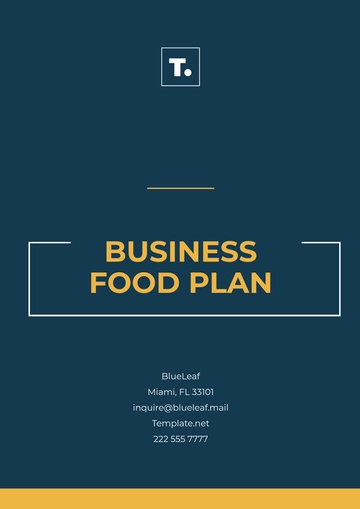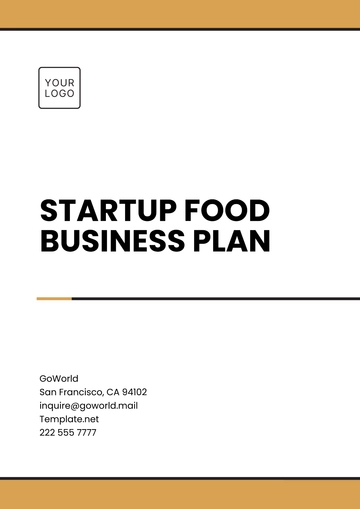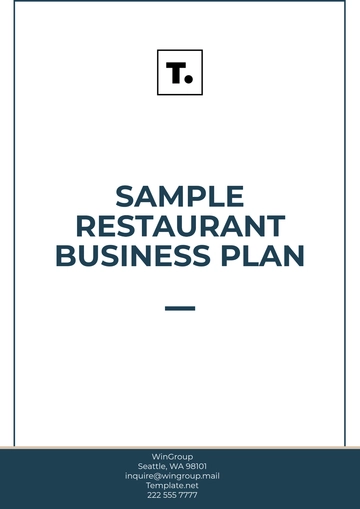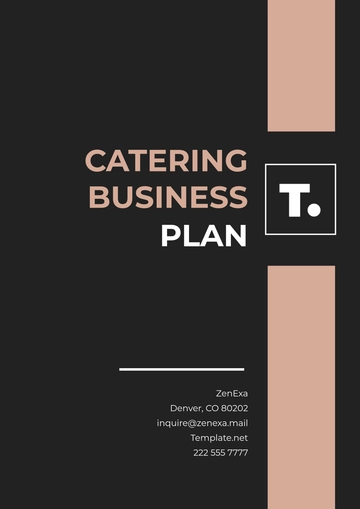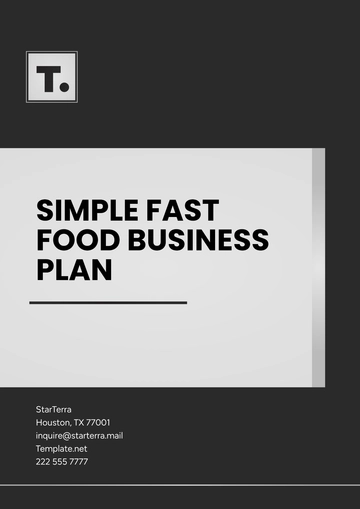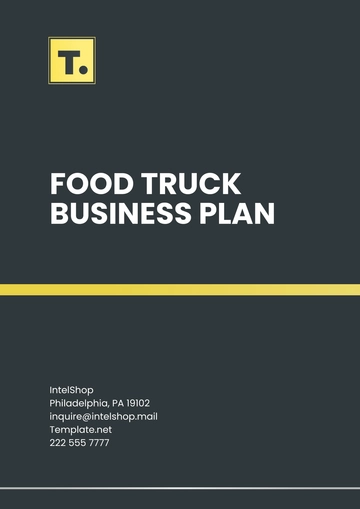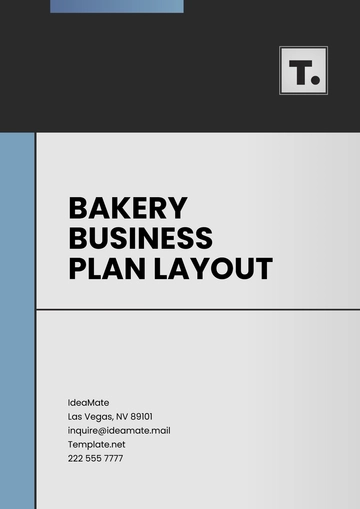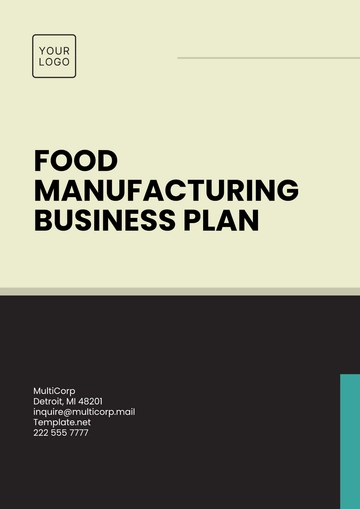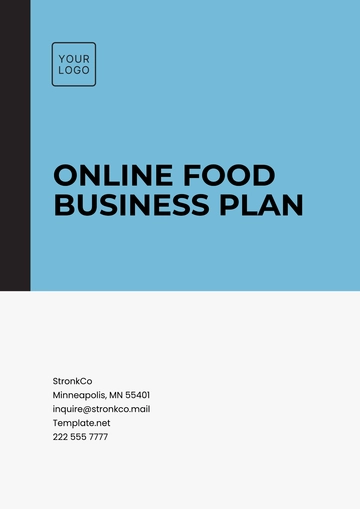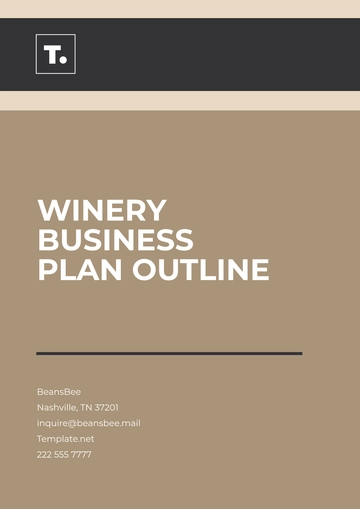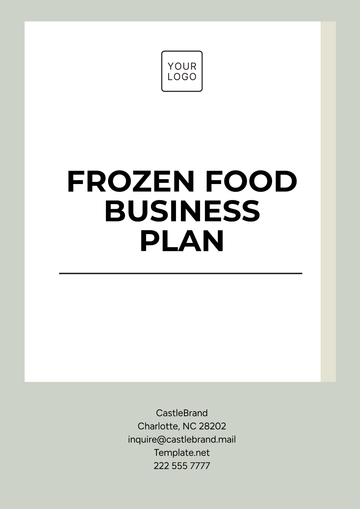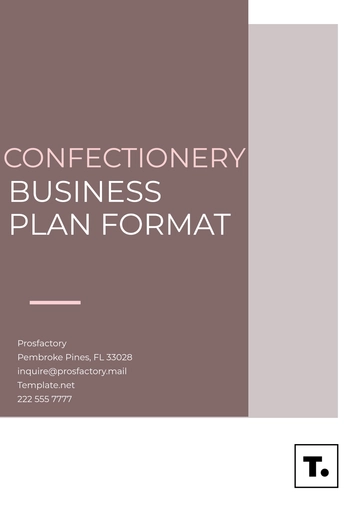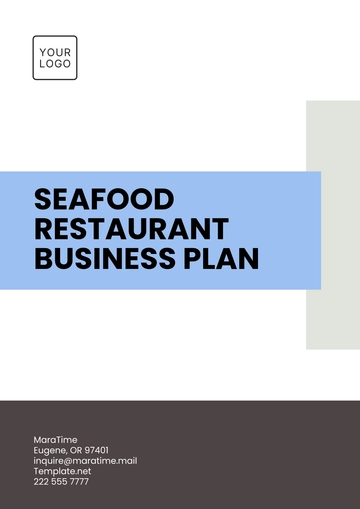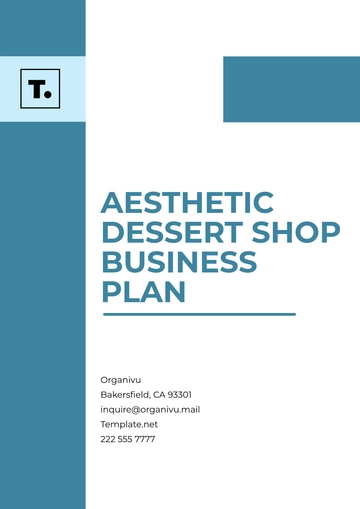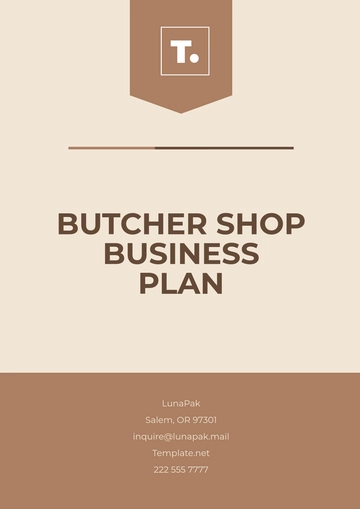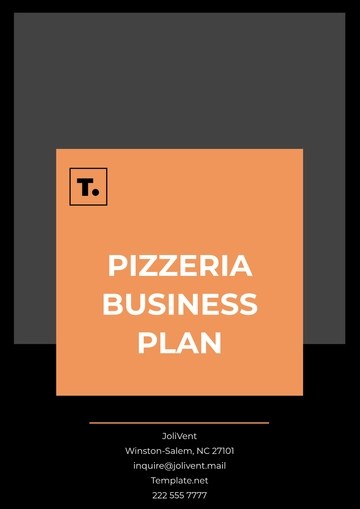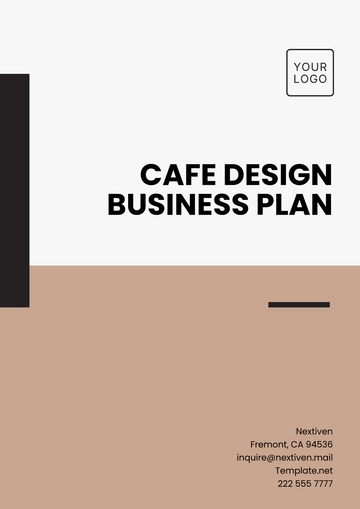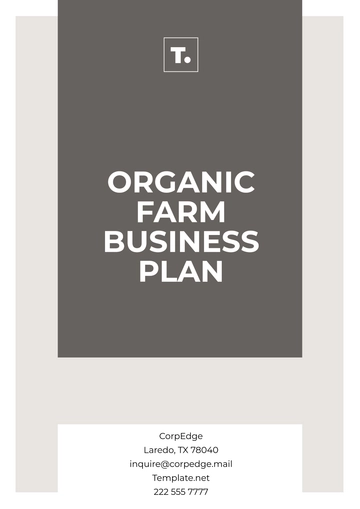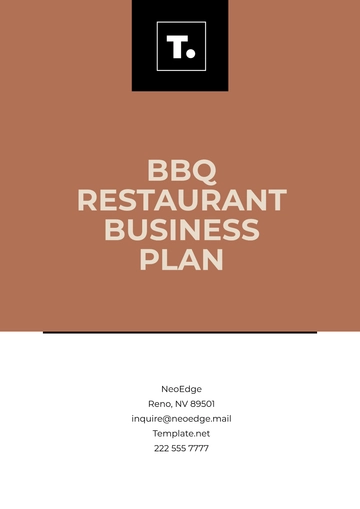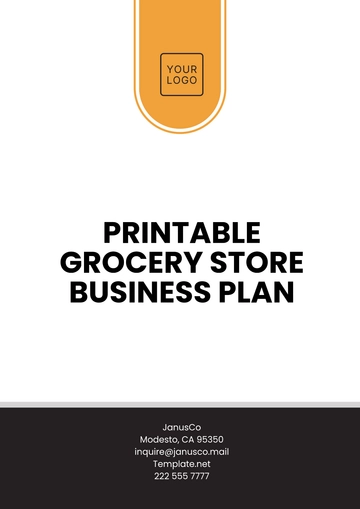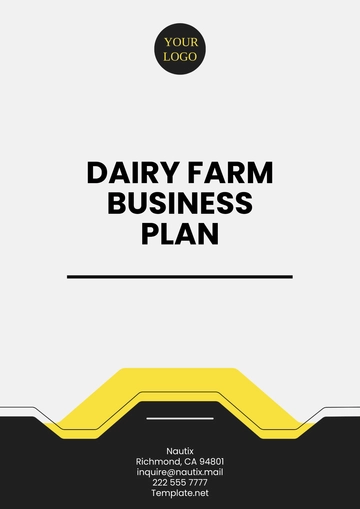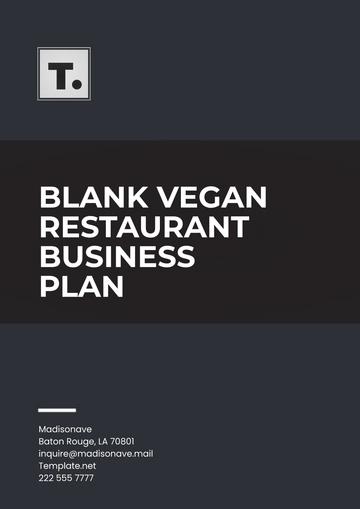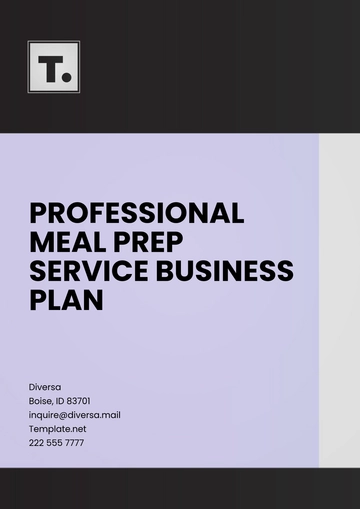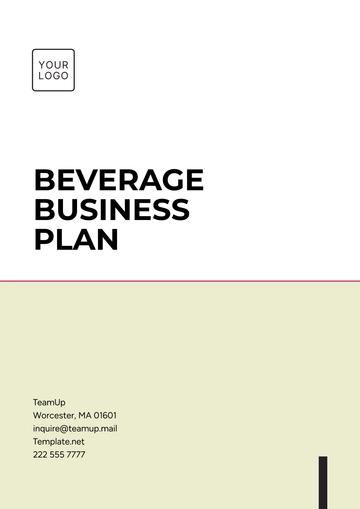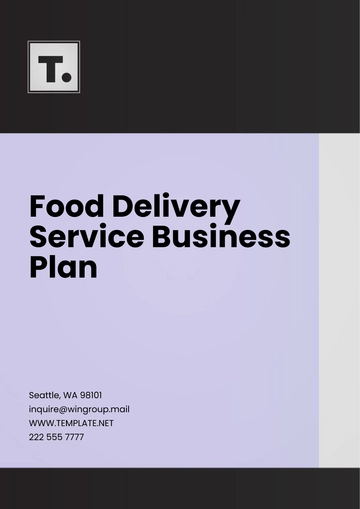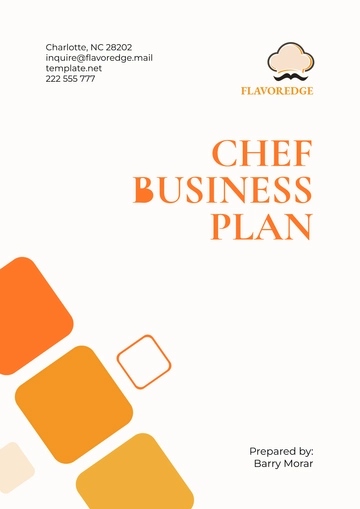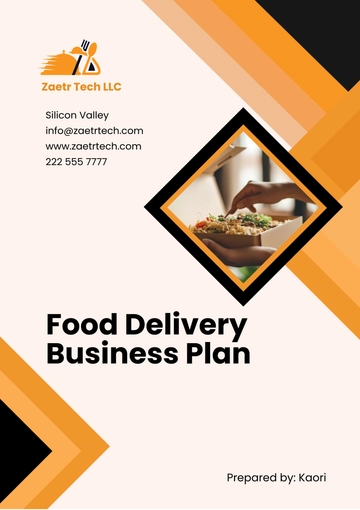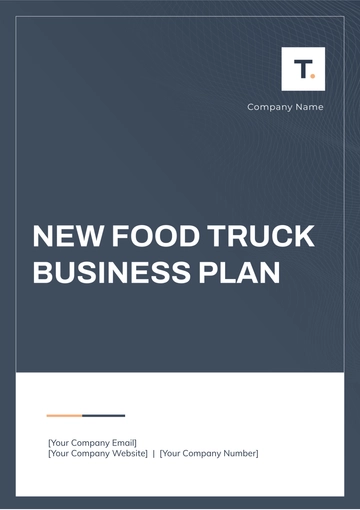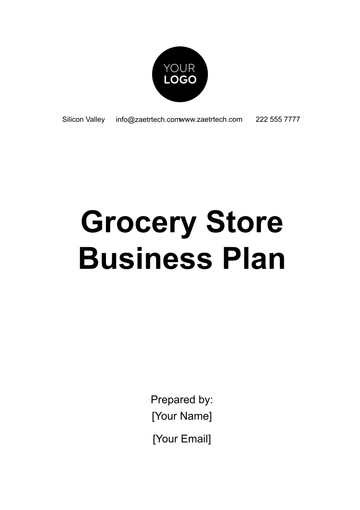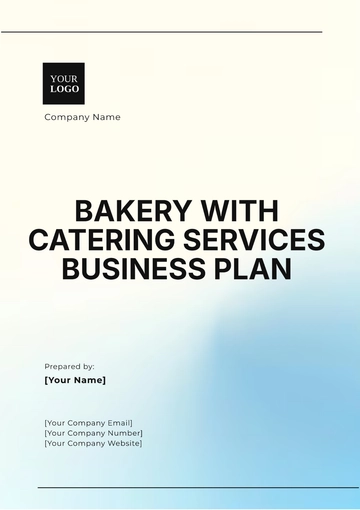Free Business- Food Plan
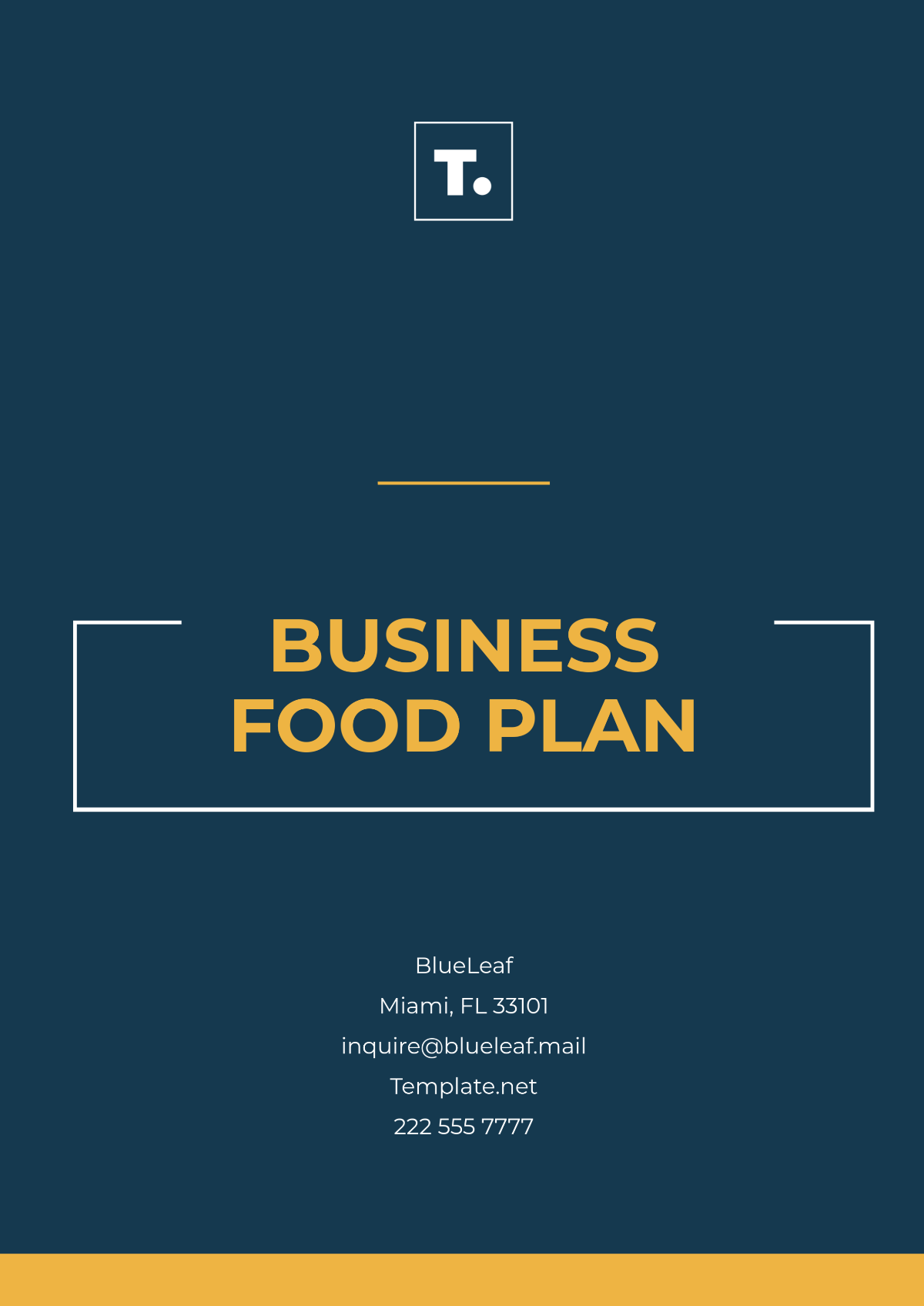
Prepared by: [Your Name]
Company: [Your Company Name]
Date: [Insert Date]
I. Executive Summary
[Your Company Name] is a subscription-based healthy meal delivery service targeting busy professionals, health enthusiasts, and families seeking nutritious, convenient, and delicious meals. Operating through an e-commerce platform, the business will deliver chef-prepared, dietician-approved meals to customers' doorsteps, ensuring sustainability by using eco-friendly packaging. Our mission is to make healthy eating effortless, accessible, and enjoyable for everyone.
II. Business Description
Business Name: [Your Company Name]
Industry: Food Service
Business Type: Meal Delivery Service
Target Market: Urban professionals, families, and health-conscious individuals.
Location: Online with centralized meal preparation in [City, State].
III. Market Analysis
Industry Overview:
The global meal kit delivery market is growing at an estimated CAGR of 17% due to increasing demand for convenient and healthy meal options.
Target Audience:
Primary: Working professionals (25–45 years old) with disposable income and a preference for convenience.
Secondary: Fitness enthusiasts, busy families, and individuals with dietary restrictions.
Competitive Analysis:
Competitors: [Competitor 1], [Competitor 2], and [Competitor 3].
Differentiators: Fully customizable menus, organic ingredients, and eco-friendly operations.
IV. Products and Services
Meal Plans Offered:
Standard Plan: Balanced meals for everyday consumption.
Keto Plan: Low-carb meals for weight management.
Vegan Plan: Plant-based meals for eco-conscious customers.
Custom Plan: Fully personalized meals based on individual preferences.
Additional Services:
Nutritional consultations.
Seasonal menu upgrades.
Bulk corporate meal packages.
V. Marketing Strategy
Brand Positioning: "Effortless healthy eating for your busy life."
Channels:
Digital Marketing: Google Ads, social media campaigns, and influencer partnerships.
Email Campaigns: Weekly newsletters with meal highlights and promotions.
Referral Programs: Discounts for referring friends and family.
Customer Retention: Loyalty programs offering exclusive deals and meal credits.
VI. Operations Plan
Kitchen Setup:
A leased commercial kitchen equipped for large-scale meal preparation.
Compliance with health and safety regulations.
Logistics:
Partnership with eco-friendly delivery services for last-mile delivery.
Subscription management through an integrated e-commerce platform.
Packaging:
Biodegradable containers and minimal plastic usage.
VII. Management and Organization
Founder: [Name] - Expertise in nutrition and business management.
Team Structure:
Executive Chef: Menu creation and quality control.
Nutritionist: Ensures meals meet dietary standards.
Operations Manager: Oversees kitchen and delivery logistics.
Marketing Manager: Handles branding and customer acquisition.
VIII. Financial Plan
The financial plan outlines the startup costs, revenue streams, and projected growth over the first three years of operations for [Your Company Name]. Below is a detailed table summarizing these figures:
Startup Costs
Category | Cost ($) |
|---|---|
Kitchen Equipment & Setup | 50,000 |
Website Development | 10,000 |
Initial Marketing Budget | 15,000 |
Miscellaneous | 5,000 |
Total Startup Costs | 80,000 |
Revenue Streams
Source | Percentage of Revenue |
|---|---|
Meal Subscriptions | 70% |
Corporate Packages | 20% |
One-Time Orders | 10% |
Financial Projections
Year | Revenue ($) | Expenses ($) | Profit Margin (%) |
|---|---|---|---|
Year 1 | 200,000 | 150,000 | 25% |
Year 2 | 400,000 | 280,000 | 30% |
Year 3 | 750,000 | 487,500 | 35% |
This structured financial plan provides clarity on the expected costs, income streams, and profitability for [Your Company Name], demonstrating a sustainable and scalable business model.
Sustainability Commitment
Using locally sourced organic ingredients to reduce the carbon footprint.
Donating surplus meals to local food banks.
Continuously innovating to achieve zero waste in packaging.
Conclusion
[Your Company Name] is poised to revolutionize the healthy eating experience by delivering gourmet-quality meals directly to customers. With a robust business model, clear value propositions, and a focus on sustainability, [Your Company Name] aims to capture a significant share of the growing meal delivery market while positively impacting customers’ lives and the planet.
Next Steps
Secure $100,000 in seed funding to launch operations.
Finalize vendor agreements and kitchen lease.
Launch website and marketing campaigns within 3 months.
- 100% Customizable, free editor
- Access 1 Million+ Templates, photo’s & graphics
- Download or share as a template
- Click and replace photos, graphics, text, backgrounds
- Resize, crop, AI write & more
- Access advanced editor
You may also like
- One Page Business Plan
- Coffee Shop Business Plan
- Restaurant Business Plan
- Food Business Plan
- Real Estate Business Plan
- Executive Summary Business Plan
- Cover Page Business Plan
- Nonprofit Business Plan
- Daycare Business Plan
- Construction Business Plan
- Startup Business Plan
- Medical Business Plan
- Bakery Business Plan
- Service Plan
- Hotel Business Plan
- Catering Business Plan
- School Business Plan
- Healthcare Business Plan
- Transportation Plan
- Sports Plan
- Car Wash Business Plan
- Salon Business Plan
- Clothing Business Plan
- Farming Business Plan
- Boutique Plan
